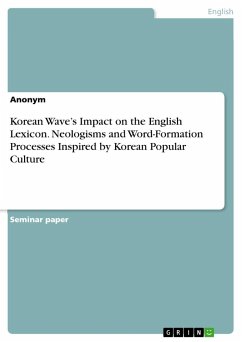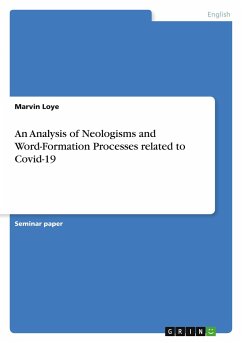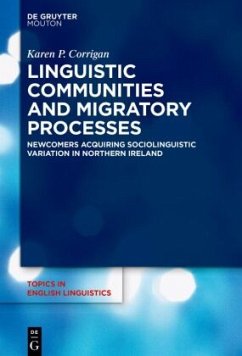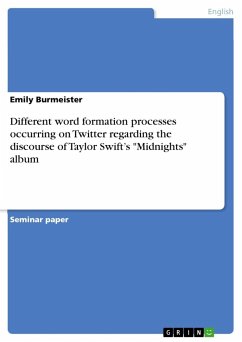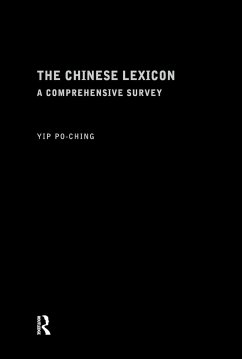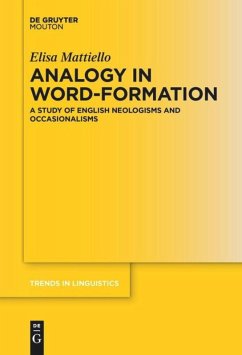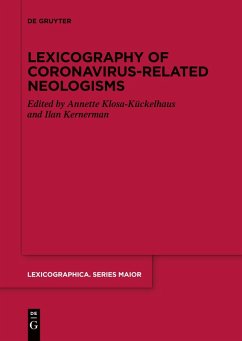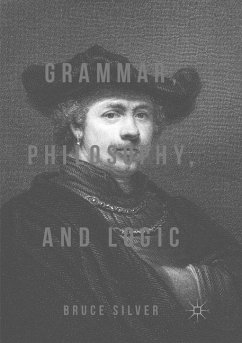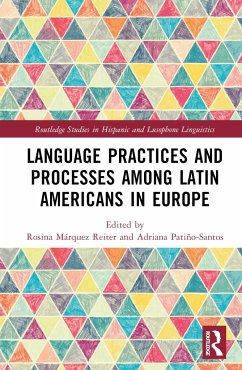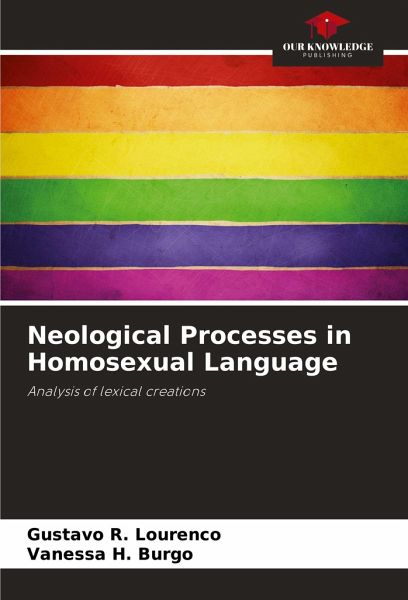
Neological Processes in Homosexual Language
Analysis of lexical creations
Versandkostenfrei!
Versandfertig in 6-10 Tagen
37,99 €
inkl. MwSt.

PAYBACK Punkte
19 °P sammeln!
This paper deals with the most recurrent intralinguistic processes in homosexual language, focusing on the neological classification of words incorporated into the group's language. When we consider the panorama of studies on the Portuguese language, we see that certain social groups have a peculiarity in their linguistic code: homosexuals, skinheads and surfers, for example, have their own characteristics when it comes to language. This differentiated linguistic code is also responsible for transmitting a culture and creating a specific social identity for its speakers. Alves (2004) points ou...
This paper deals with the most recurrent intralinguistic processes in homosexual language, focusing on the neological classification of words incorporated into the group's language. When we consider the panorama of studies on the Portuguese language, we see that certain social groups have a peculiarity in their linguistic code: homosexuals, skinheads and surfers, for example, have their own characteristics when it comes to language. This differentiated linguistic code is also responsible for transmitting a culture and creating a specific social identity for its speakers. Alves (2004) points out that neologisms can be formed by mechanisms originating in the language itself, the autochthonous processes, or by lexical items from other linguistic systems. In this way, studies of neologisms help us to understand these changes that occur within the structure of the language. In this work, we analyze 98 neologisms present in the group's interaction in informal contexts and in the most diverse communicative situations.





